Fall brought a grim parade of violence to Memphis. On September 23rd, 29-year-old Uk Thang was fired from his job as a sushi vendor at the Collierville Kroger. He returned to the store with a gun and shot 14 people, one of whom, a widowed mother of three named Olivia King, died. Thang turned the gun on himself before police arrived.
On September 29th, a 13-year-old at Cummings K-8 Optional School shot and injured a classmate in a stairwell. Then, in the early morning of October 3rd, 36-year-old Rainess Holmes and three others broke into a home on North McLean occupied by several students at nearby Rhodes College, looking to steal electronics. When he and Andrew “Drew” Rainer scuffled over an iPad, Holmes shot him in the chest. Rainer died at the scene, and a second person was injured.
Then, on November 17th, Young Dolph, one of the most successful Memphis rappers of the last decade, was in Makeda’s Homemade Butter Cookies on Airways when two men rolled up in a white Mercedes. Armed with an assault rifle and an automatic handgun, they fired through the store’s front window. Young Dolph was pronounced dead at the scene, leading to an outpouring of grief for the man who had become known in the community for his generosity. No suspects have been arrested.
These high-profile stories of gun violence are the tip of the iceberg. In 2019, there were 237 homicides in Memphis. In 2020, there were 327, a 38 percent increase. By early December 2021, 310 Memphians had become victims of homicide, virtually guaranteeing that by year’s end the final toll will be higher than 2020. But killings alone don’t tell the whole story. So far this year, there have been more than 5,000 violent assaults in Memphis.
The alarming rise in gun violence is not purely a Bluff City phenomenon. According to the nonprofit Gun Violence Archive, the rate of firearms killings in the United States rose 24 percent from 2019 to 2020. Mass shootings rose from 417 to 611 over the same period. Curiously, this rise in violence comes at a time when all other crimes are trending downward. Property crimes like larceny and burglary are at their lowest rates since the mid-1960s.
“We’re seeing cities across the country that had a bad year in 2020, a very violent year,” says County Commissioner Mick Wright. “But it seems to be continuing here in Memphis, and that’s very concerning. I think it should be concerning to all elected officials, as well as everyone who lives here in Shelby County. We see it on the news every day. I think people are certainly tired of the shooting and looking for answers.”
What’s Going On?
There are a lot of guns in America. In 2017, the Small Arms Survey found that there were about 393 million firearms in the United States — 122 guns for every 100 Americans. A 2020 survey by the RAND Corporation found that Tennessee ranked 14th in the nation in terms of gun ownership, with 51.6 percent of adults saying they had a gun in the home. The two states bordering the Memphis metro, Mississippi and Arkansas, ranked seventh and sixth, respectively, with 55.8 percent and 57.2 percent of households owning a firearm. According to the Centers for Disease Control (CDC) statistics, there is a strong correlation between the number of guns in a state and the state’s gun death rate. Alaska, the state with the highest gun death rate, has the third-highest rate of gun ownership. Tennessee’s gun death ranking is 12, two positions higher than our ownership ranking. Meanwhile, Massachusetts, tied with New Jersey for the lowest gun ownership rate, is also the state with the lowest rate of gun deaths.
“Gun crime is top of mind everywhere we go,” Shelby County District Attorney Amy Weirich told a Rotary Club audience on November 30th.
And yet, the Tennessee Legislature is dead set on relaxing gun laws. In 2014, they passed a bill making it legal to store any firearm, loaded or unloaded, in a motor vehicle, as long as it is kept from “ordinary observation.” Weirich called the law a “contributing factor” in the escalation of gun violence. “Back in 2010, we had less than 300 guns stolen from cars,” she said, referring the audience to a chart her office produced. “You can see as of October 12, 2021, we’ve had 1,286.”
Weirich advocates for several measures that would streamline the process for the 150,000-200,000 criminal cases that pass through her offices every year, allowing prosecutors to focus on getting violent offenders off the street. She said the permitless carry law that went into effect on July 1st is a step in the wrong direction. “It takes away the ability of law enforcement to come up and ask to see your permit, if you are openly carrying in a restaurant or walking down the street or going into Home Depot. And that is an issue for law enforcement and will continue to be an issue. You know, there’s a lot of talk about penalizing and criminalizing car owners that don’t lock their gun up in their car safely, and that type of thing. My philosophy is always let’s punish the people that are stealing the guns to wreak havoc in our community, and let’s be serious about that. But I don’t know of any common sense legislation that’s floating around.”
Beyond Statistics
Michael LaRosa, associate professor of history at Rhodes College, says the murder of Drew Rainer “has had a real chilling effect on the campus, and on that neighborhood, and on the whole city life, I think, because of how visceral it was. I’ve been working at Rhodes for 27 years. I’ve never seen anything like this. … The students are afraid, you know? They’re not afraid in the sense that they’re not going out or staying in their rooms barricaded. But they’re worried about their own personal security in what is really a very safe neighborhood.”
LaRosa does not hesitate to blame the proliferation of guns, thanks to what he calls an “antediluvian” attitude of Tennessee state lawmakers. “Everybody has a gun and that affects the way we interact with one another on the street, and it obviously affects the way the police do their job,” he says. “That’s why we had seven murders [in Memphis] this weekend.”

For Erika Kelley, gun violence is a personal issue. On March 18, 2016, she was preparing for her father’s wake. “The day before I buried my father, I got a call that my son, Dontae Bernard Johnson, had been found dead in a parking lot. We later found out he was robbed, shot, and killed due to senseless gun violence. This happened in Murfreesboro, Tennessee. At the time, he was 23 years old. In my last conversation with him, as he was preparing to come home for my father’s funeral, he shared with me that he and his high school sweetheart at the time were expecting their first child. He was so excited about that. My granddaughter is now 5 years old. He never got a chance to meet her.”
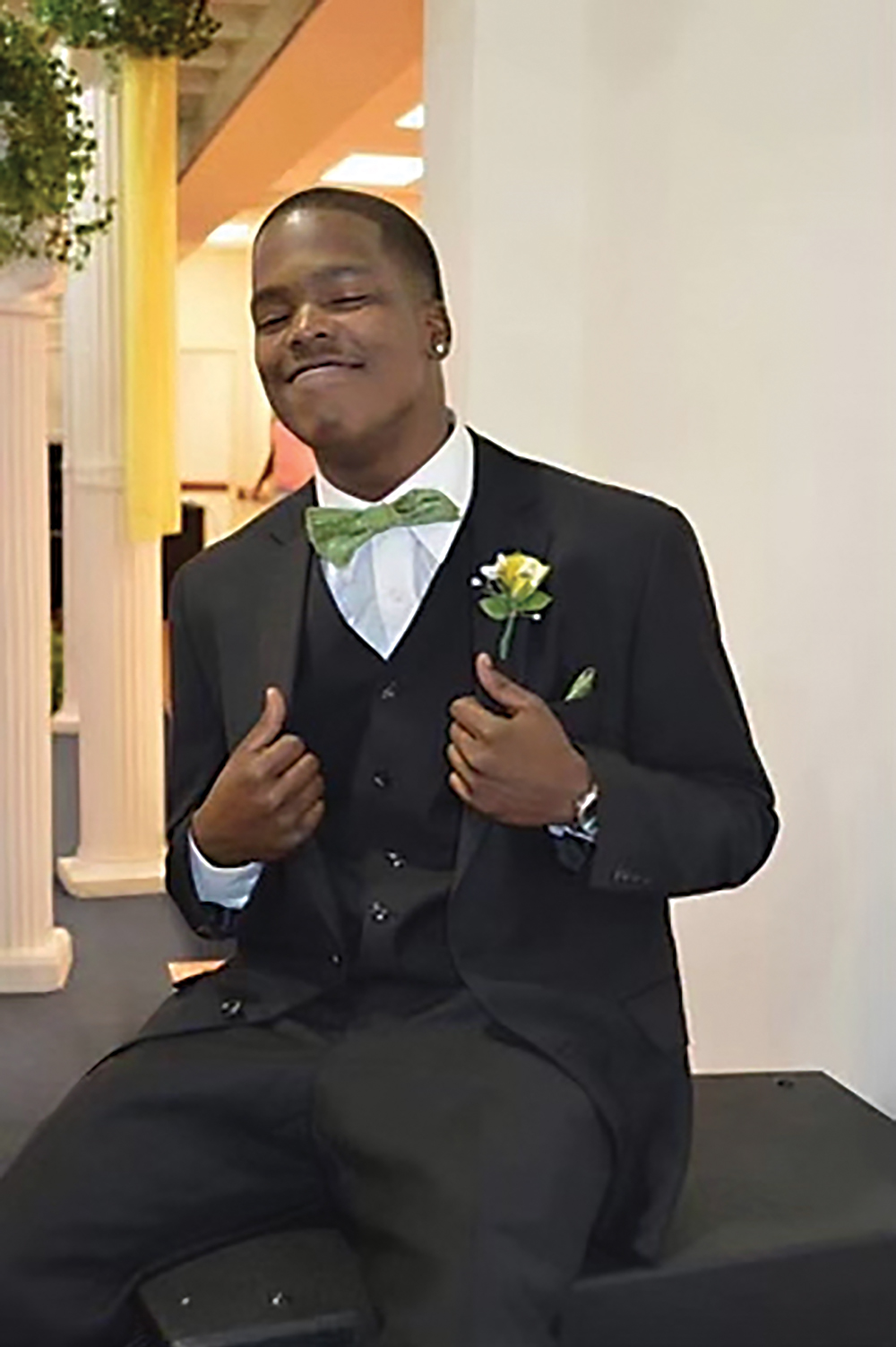
Soon afterward, a friend who had also lost her son to gun violence reached out to invite Kelley to a meeting of Moms Demand Action (MDA), a grassroots group founded in the wake of the 2012 Sandy Hook school shooting. She is now the local group leader for the Memphis chapter. Kelley and her group spent the last year lobbying against the “constitutional carry” law. “We have been back and forth to Nashville, going to the governor’s office, talking to him, trying to stop them from passing that law. There’s already enough gun violence. Constitutional carry is just asking for more. And as you can see, that’s what’s been going on.”
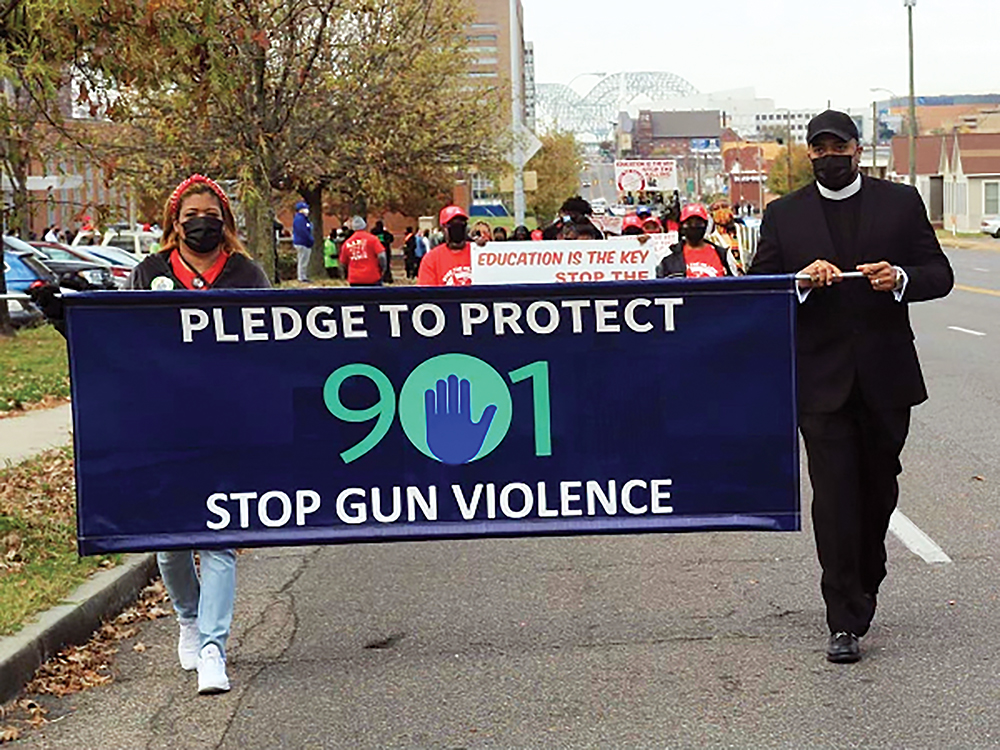
Ultimately, the group’s meetings with lawmakers were fruitless. “They would listen to us and say, ‘Well, we hear you.’ But obviously, that’s all they did because you see that law they passed. … We were with the chief of police and different local community leaders here in our city … The sheriff, he shared in a town hall meeting a couple of weeks ago that he drove all the way up there and met with the governor for five minutes. Basically, they didn’t care. They were already going to do what they want to do.”
Last June, Governor Bill Lee, who made permitless carry a top priority, called the law “long overdue.” He made the remarks during a ceremonial bill signing at the Beretta USA gun factory in Gallatin.
Searching for Answers
Charlie Caswell Jr., executive director of Frayser’s Legacy of Legends CDC, is on the front lines of the fight against gun violence. Growing up in the Dixie Homes public housing projects, Caswell was no stranger to violence. “At 14 and 15 years old, both years, I witnessed my friends being murdered in front of me. It had a traumatic impact on my life that led to me acting out with anger over the years. That led me to want to reduce and mitigate that in the lives of other children.”

At the core of Caswell’s program is the Adverse Childhood Experience (ACE) questionnaire, which is administered to determine if people have experienced violence, abuse, or neglect; have seen a family member die by suicide; or are growing up in a household with substance abuse, mental health problems, or chronic instability due to parental separation or incarceration. About 61 percent of adults who take the test have experienced at least one ACE, and one in six say they have experienced four or more. ACEs disrupt the development of young brains. High scores on the ACE test are predictive of chronic disease, depression, and violent behavior. “Trauma comes in different capacities. It doesn’t have a color to it, or a gender, or a socioeconomic capacity. It happens. ACE tests that show physical abuse, emotional abuse, physical neglect, emotional neglect, and household dysfunction before their 18th birthday, if you have four or more, you are 1,200 times more likely to attempt suicide, and 40 to 50 percent more likely to use drugs and alcohol.”
Caswell says that thousands of people in the predominantly Black neighborhoods of Frayser and South Memphis are caught in a cycle of poverty, neglect, and violence. “When these children and families are referred to us, we basically sit down with them to assess the trauma that they have experienced in their lives, and then we assess their resilience. We begin to focus on their strengths, which many of them, because of the trauma, have never really paid attention to. … What we recognize through this work, is that many of them have generational trauma. Some of the things that these young men and young women are going through, when we sit down and talk to the parents, the parents went through the same thing.”
Christina Gann is the program director for in-home services for Youth Villages, a Memphis-based nonprofit. “We work with a wide array of young people who are at-risk, and I see a lot who have juvenile justice involvement,” she says.
Gann and her Youth Villages colleagues say they have seen a change in the populations they serve. “I think one thing that did not help was the pandemic,” Gann says. “Kids are back in school this year, which has helped tremendously, but I think that that also made things more challenging for families, and then also for the kids. We saw an increase in a lot of different behaviors. But something else that we’ve experienced is, there’s a lot of exposure to trauma, whether it’s direct or indirect. There’s so much violence in the communities our families live in, and those kids are experiencing the effects of being exposed to that trauma, whether it’s defiance or their concern for their safety. So they feel like they need to get a gun to protect themselves.”
Caswell believes the social upheaval of the pandemic exacerbated his community’s existing problems — but he is quick to point out that his services have been in demand not just in Frayser, but all over the city, and a recent trip to the predominately white, rural community of Crossville, Tennessee, revealed the same problems of poverty, drug addiction, and generational trauma. “I say, there was an epidemic before the pandemic. The Centers for Disease Control, the same people who told us to wash our hands, stay six feet apart, and kept us in quarantine, were the same people who came out with the research in 1995 on the impact of trauma. When you take the people who are dealing with dysfunction, and you keep them in the house all year — they didn’t go to school, they didn’t go to work, they stayed in with the same family — all that trauma and negativity, just like a volcano, it then erupted. What we’re seeing is an eruption of what was already building up and was not being addressed, before we left them in that mess.”
“It’s Not a Mystery”
On the streets, the grim parade continues. Friday, December 3rd, three teenagers and a nine-month-old baby were ambushed while sitting in their car at a Marathon gas station on Elvis Presley Boulevard. Breunna Woods, a 16-year-old cheerleader, and Phillexus Buchanan, a 15-year-old student at Hamilton High School, were killed, while another 16-year-old and the baby were wounded. Twenty-two people under the age of 17 have been murdered in Memphis so far this year.
Kat McRitchie, a longtime MDA activist, believes a public health approach is the only way forward. “It’s not a mystery, what causes gun violence. It’s a question of whether or not we have the political will and are willing to commit the resources to preventive measures that don’t always campaign well. They take lots of work, lots of coordination of multiple offices at various levels of government, nonprofit, healthcare, and education. It’s hard work, and sometimes, it’s expensive work. But in similar cities like St. Louis, Baltimore, and Pittsburgh, we have seen success when they treat gun violence like a public health epidemic and treat it strategically and take prevention very seriously. In Memphis, we’re used to taking a lot of problems for granted and accepting them as things we just have to respond to because they’re a given. Gun violence, like many other problems facing our city, can be prevented. It does not have to be this way. And if we, as a community will come together, it won’t be this way.”
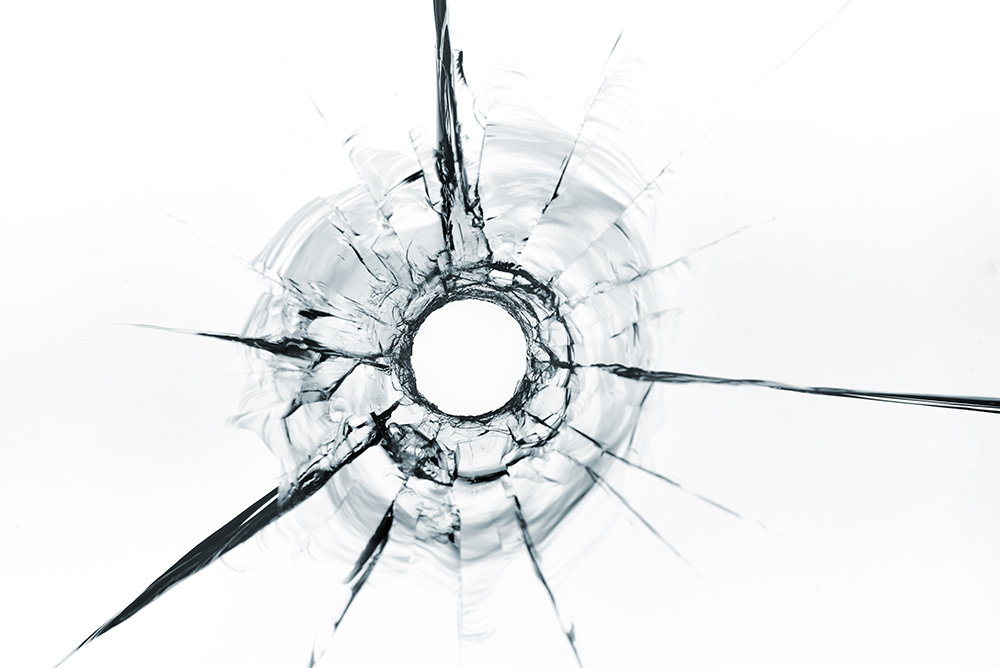
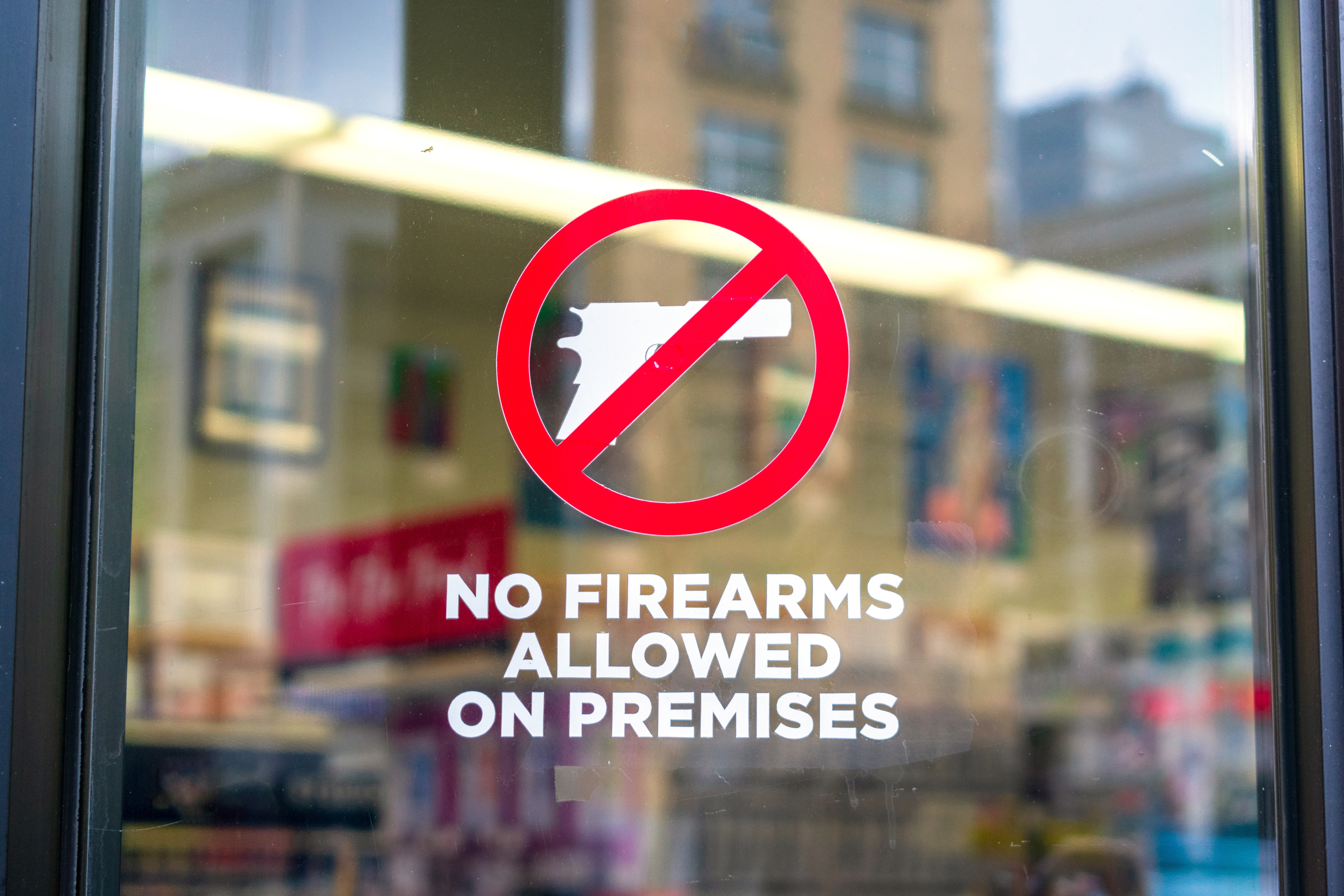
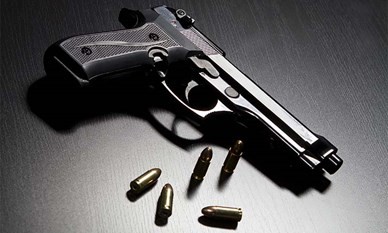
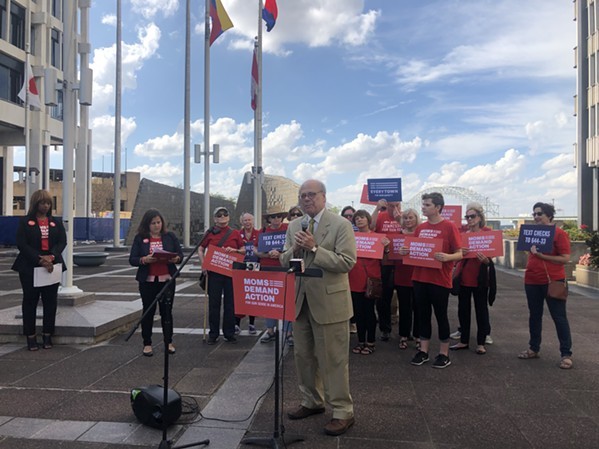

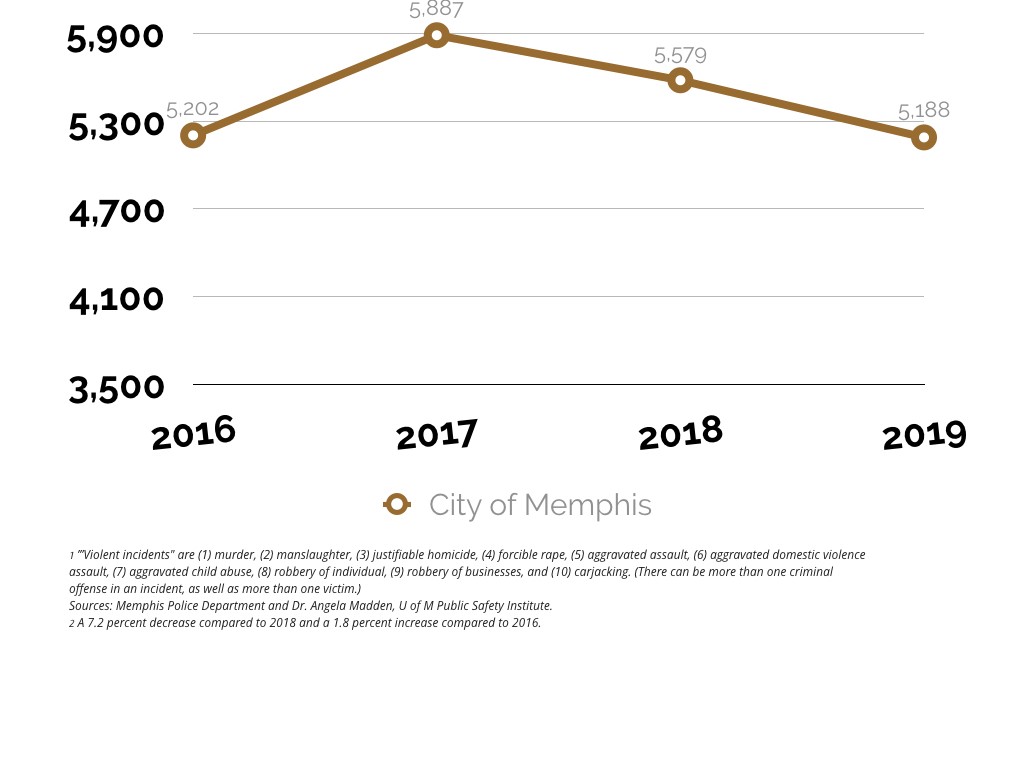

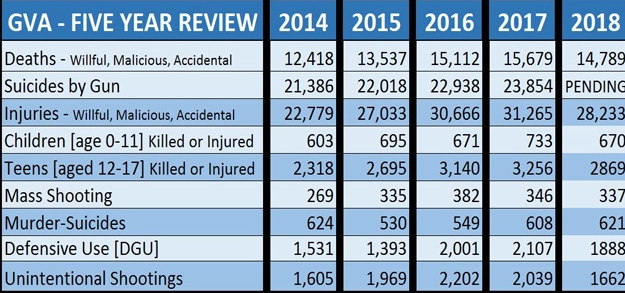 Gun Violence Archive
Gun Violence Archive